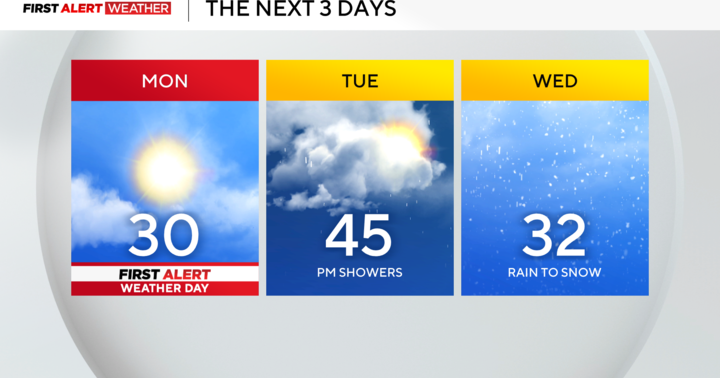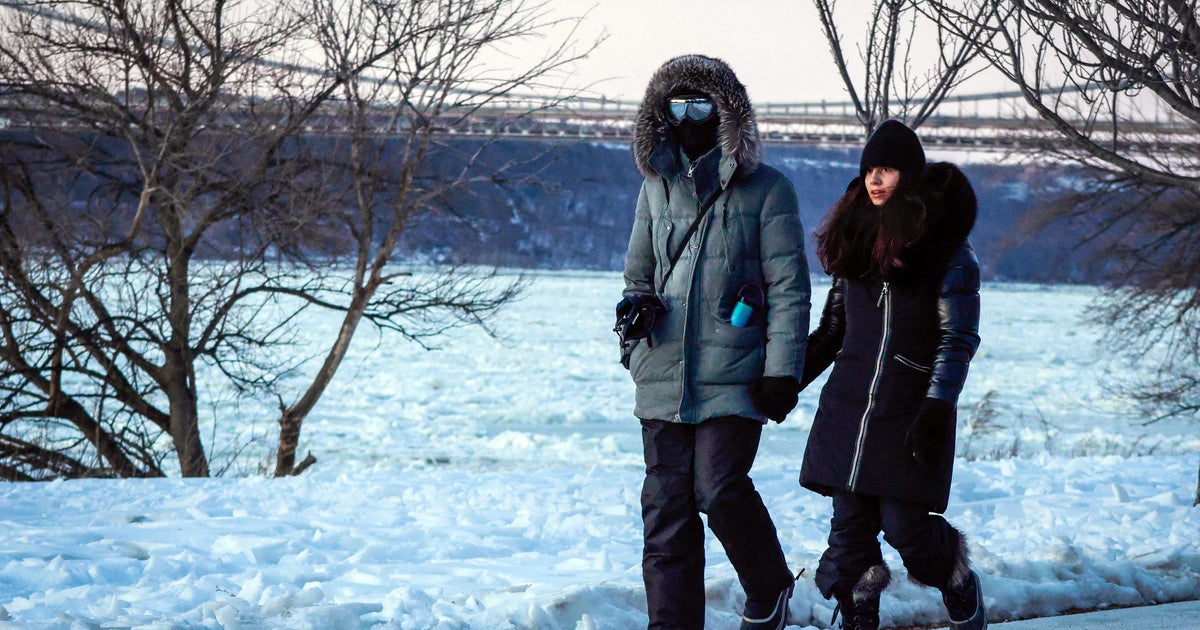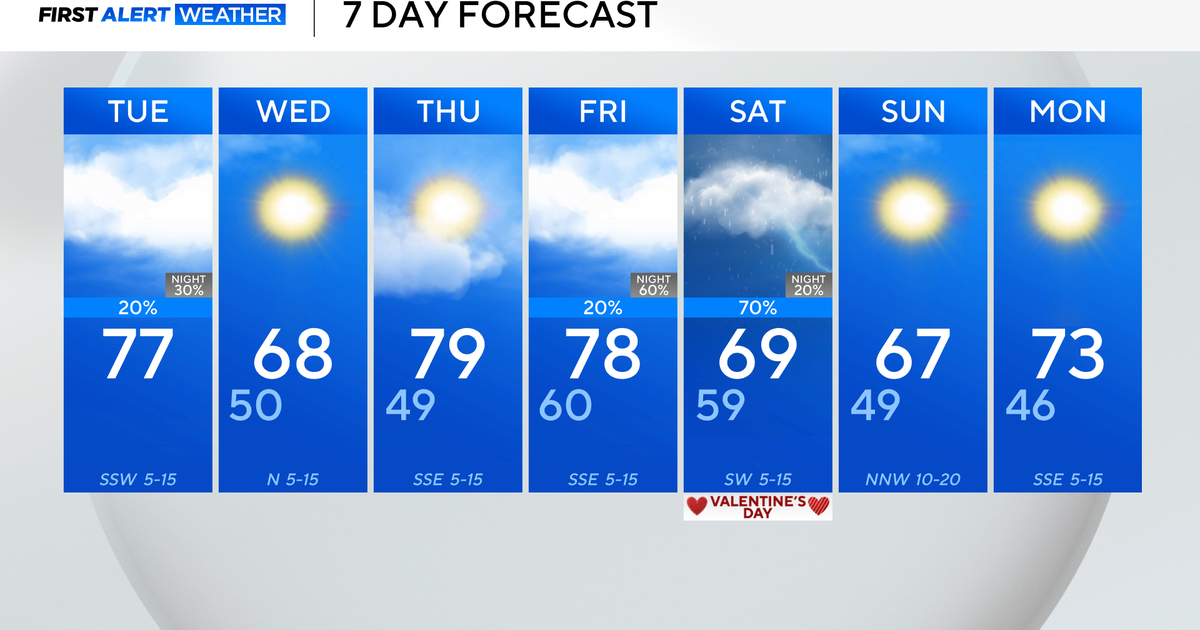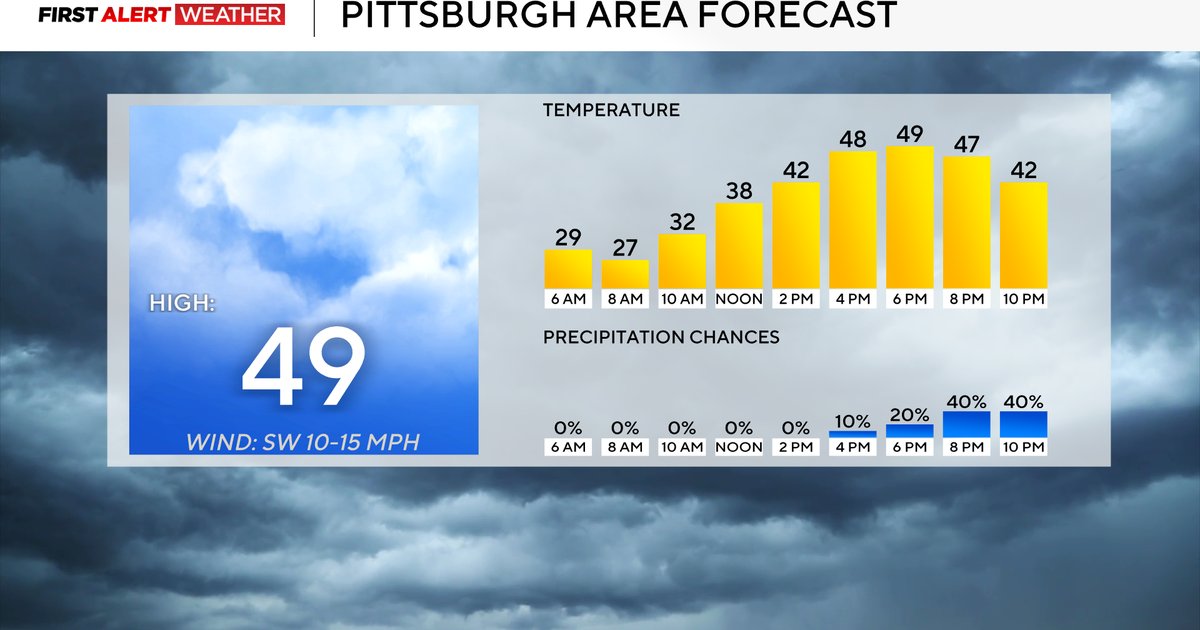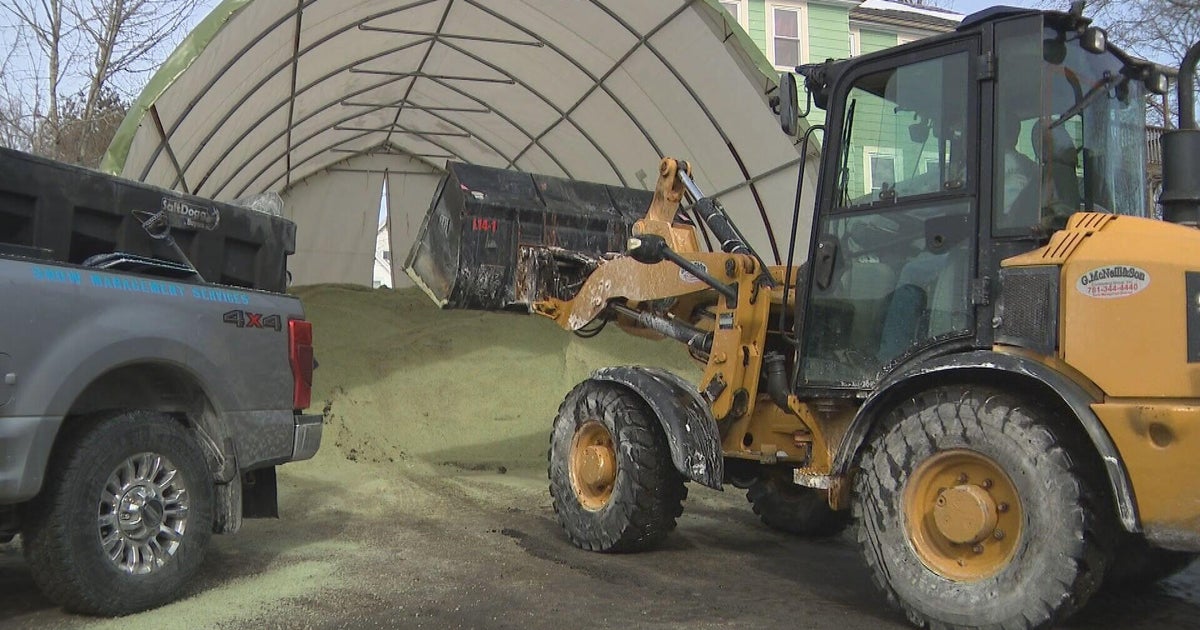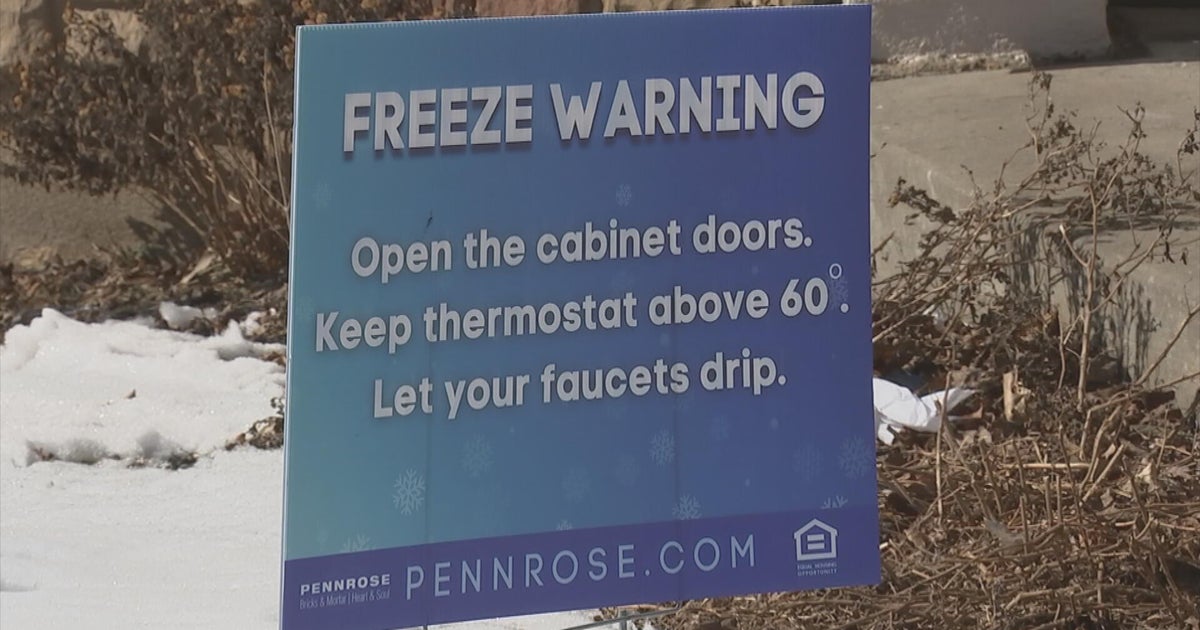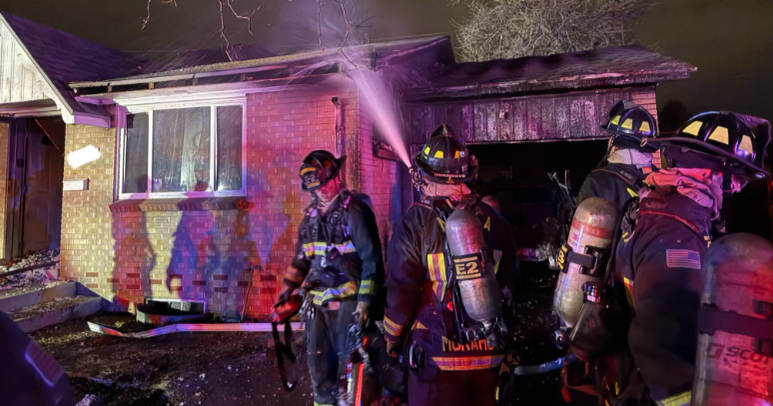Animal General Vet. Dr. Mike's Tips To Keep Your Pet Safe In The Extreme Cold
Follow NewsRadio 1020 KDKA: Facebook | Twitter
PITTSBURGH (NewsRadio 1020 KDKA) – The Pittsburgh area is expected to experience the coldest temperatures of the season this weekend. When you put on that extra layer of clothing, are you remembering to keep your four-legged friend safe?
Veterinarian Dr. Mike Hutchinson tells the "KDKA Morning News" most pets know when they have had enough of the cold.
"The dogs kind of regulate themselves. They go out and they go to the bathroom . . . they run around a little bit, burn off some energy and then they want to come back in. Some dogs don't even want to go outside," said Hutchinson.
Dr. Hutchinson says there are simple ways to make sure your pet stays safe and healthy when the bitter cold hits:
1. Although some pets are conditioned to cold weather, veterinary experts agree that you should bring outdoor pets indoors if the temperature drops below 20 degrees Fahrenheit.
2. Puppies, kittens, and short-haired pets should come inside anytime the temperature goes below 40 degrees.
3. For pets with long hair, proper grooming is essential to help them maintain a layer of warming air within their coat. Pets who are heavily matted cannot keep themselves as warm.
4. If your pet must stay outdoors, be sure to provide shelter for your pet. A good "house" will have three enclosed sides, will be elevated off the ground, and will contain generous amounts of bedding such as straw or hay.
5. In cold weather, bigger is not always better. A house just big enough for your pet will warm up faster and retain heat better than something that is too big.
6. Your pet will need access to fresh water that isn't frozen. Use heated water bowls and replenish them frequently.
7. Antifreeze is a common and deadly pet poisoning during colder months. If you suspect your pet has consumed any antifreeze at all, you must contact your veterinarian immediately!
8. Antifreeze has a sweet taste to pets, so they will readily lap up any spilled material. If you spill antifreeze, dilute the area well with water and sweep excess water into a rocky or sandy area. Cover area with soil to keep pets from licking at the rocks.
9. Cats love to warm up underneath car hoods. If your car is kept outdoors, or if cats have access to your garage, be sure to pound on the hood of the car prior to starting it. Many cats are killed or injured grievously by fan belts and moving engine parts.
10. Pets should not be left alone in vehicles due to the potential for carbon monoxide poisoning or hypothermia.
11. Our pets suffer from frostbite and hypothermia just like we do. Consider keeping dogs on a leash when they go outside. Many curious dogs off leash will explore "frozen" retention ponds, lakes or streams and fall through the ice into frigid water.
12. Older pets may suffer more from arthritis during these months. Ask your veterinarian about ways to help keep your senior pet comfortable during the winter.
13. Monitor all pets around wood-burning stoves, fireplaces and space heaters. These can cause severe burns.
14. This is a great time of year to see your veterinarian about a "winter checkup" for your pet. Their advice and expertise can help keep your pet safe and warm!
15. Paw Boots aren't a bad idea when ice melting products are used (nonskid) or a wet rag on the feet when they come indoors.
Dr. Hutchinson says to just be smart about it if you feel the cold, so does your pet.
Dr. Hutchinson runs Animal General in Cranberry.
Get more from Dr. Hutchinson on his website.
Listen to the KDKA Morning News with Larry Richert and John Shumway weekdays from 5 to 9 a.m. on NewsRadio 1020 KDKA.
